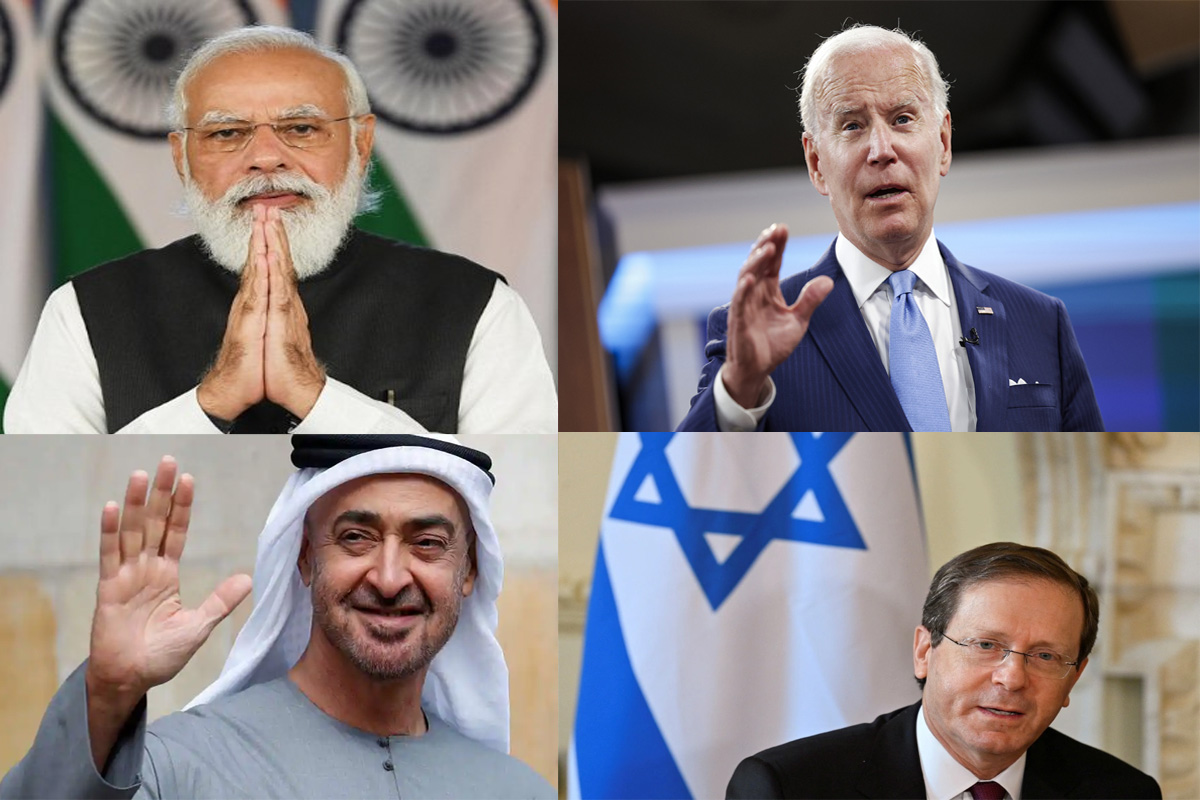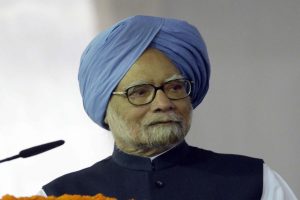I2U2: United states will host a virtual Summit with India, Israel and United Arab Emirates in July during President Joe Biden’s visit to the Middle East. This was announced in a press call with a Senior administration official of the White House
The group has been named “I2U2”- with India and Israel names starting from the letter I and USA and UAE names starting from the letter U. The virtual meeting will be held between India’s Prime Minister Mr. Narendra Modi, US President Joe Biden, Israel’s Prime Minister Naftali Bennet, and UAE`s President Mohammed bin Zayed Al Nahyan.
Advertisement
The official said “The heads of state will discuss the food security crisis and other areas of cooperation across hemispheres where UAE and Israel serve as important innovation hubs. The summit is focused on expanding economic and political cooperation in the Middle East and Asia, through trade, combating climate change, energy cooperation, and coordination on other vital shared interests”.
In October 2021, the West Asia Quad group was announced in a virtual conference with External Affairs Minister S.Jaishankar present. The aim of the new quad is to foster support and cooperation in various domains like infrastructure, technology, maritime security and trade. It is limited to serving as an international platform for economic cooperation, with a focus on identifying, highlighting, and finally combining the distinctive skills of each nation into a working group. It is believed that this development will give a boost to India’s geopolitical presence especially in west Asia and will strategically and economically establish itself as a world player.
US President Joe Biden has taken charge from January 2021, since then he has initiated various multinational dialogues such as Quad with India, Australia, and Japan and the North Atlantic Treaty Organization, Biden has also deepened and strengthened those that already exist. These platforms include the three-nation AUKUS group with Australia and the United Kingdom and the Quadrilateral dialogue with Afghanistan, Pakistan, and Uzbekistan. Under his leadership the US has also rejoined a number of international organisations and deals that it had left under the previous president, Donald Trump such as the Paris Agreement, World Health Organization (WHO), Iran Nuclear Deal and many more.
During his first ever visit to the middle east region as President, he will meet with around a dozen of his colleagues in three different countries: Israel, the West Bank, and Saudi Arabia. The President will go to Israel and the West Bank before taking a direct flight to Jeddah, Saudi Arabia, where he will attend a summit of the Gulf Cooperation (GCC+3) leaders of Saudi Arabia, Kuwait, Oman, the United Arab Emirates, Bahrain, and Qatar, as well as Iraq, Jordan, and Egypt.
The US official also said “We’ve long recognized the importance of the President visiting this vital region in a manner similar to the Summit of ASEAN leaders here at the White House, the President’s visit to South Korea and Japan and convening the Quad Summit, the Summit of the Americas last week, and the G7 and NATO summits next week.”
Originally, Quad is a diplomatic network of four countries committed to supporting a free and open Indo-Pacific that is inclusive and resilient. Australia, India, Japan, and the United States maintain a strategic security conversation through bilateral discussions. Exercise Malabar, a series of combined military drills, took place in tandem with the conversation. As the Chinese government responded to the Quadrilateral conversation by making formal diplomatic protests to its members and referring to it as “Asian NATO,” the diplomatic and military arrangement was largely perceived as a response to growing Chinese economic and military dominance.










